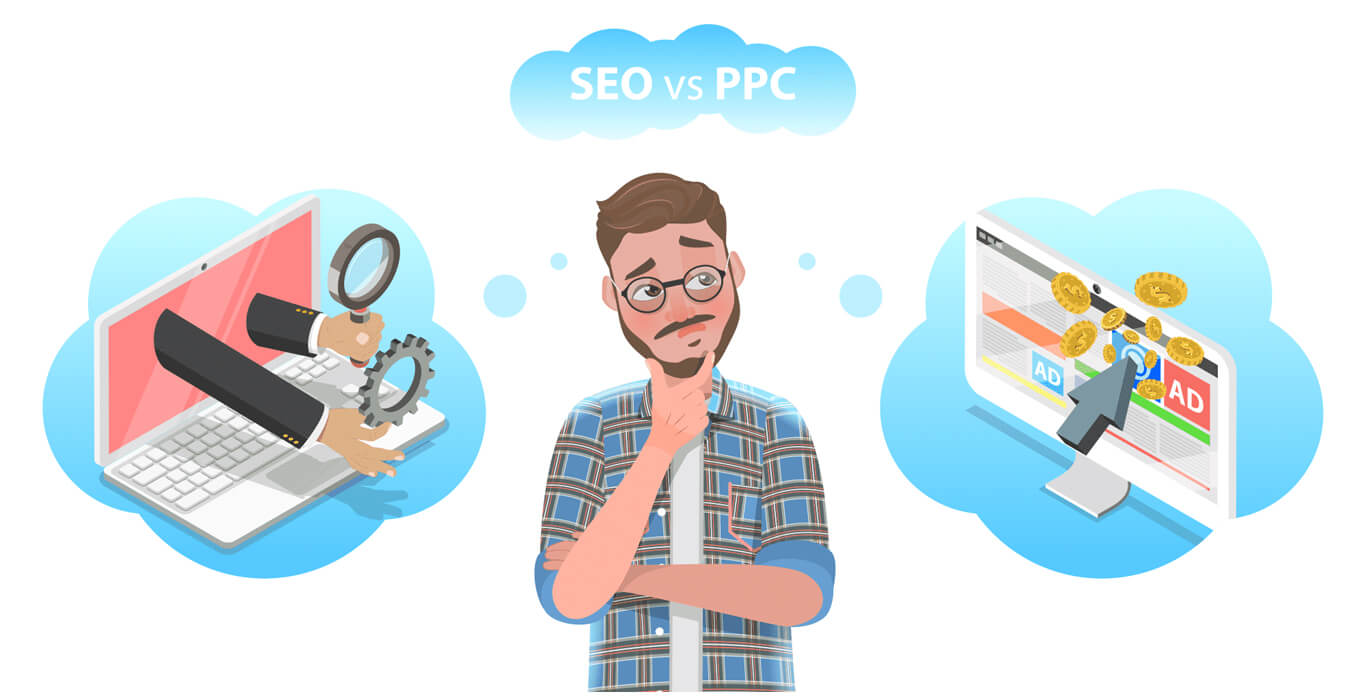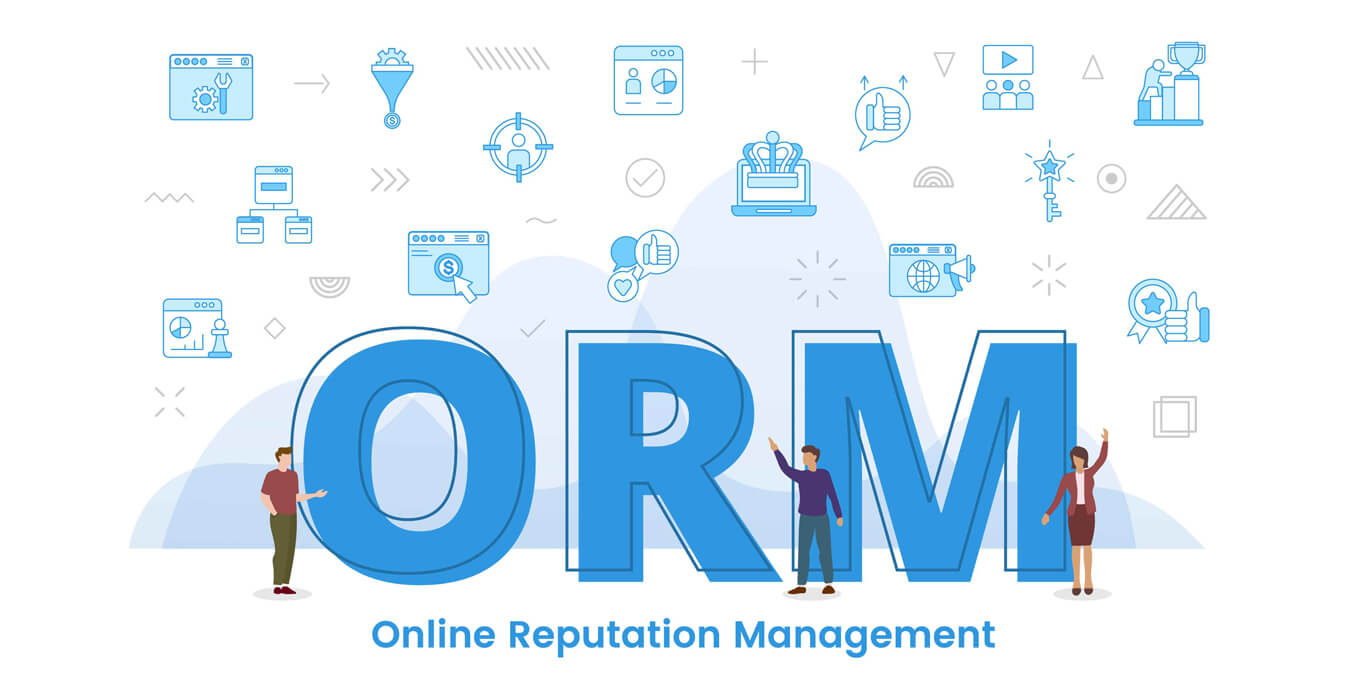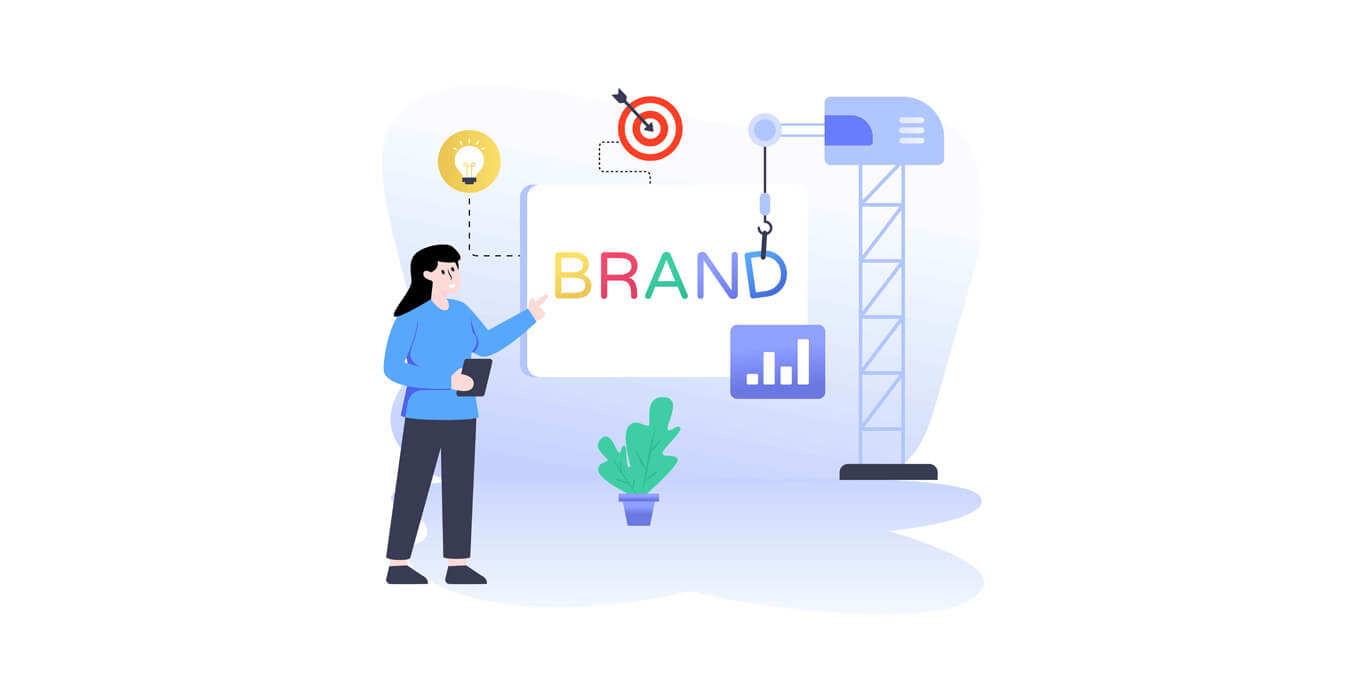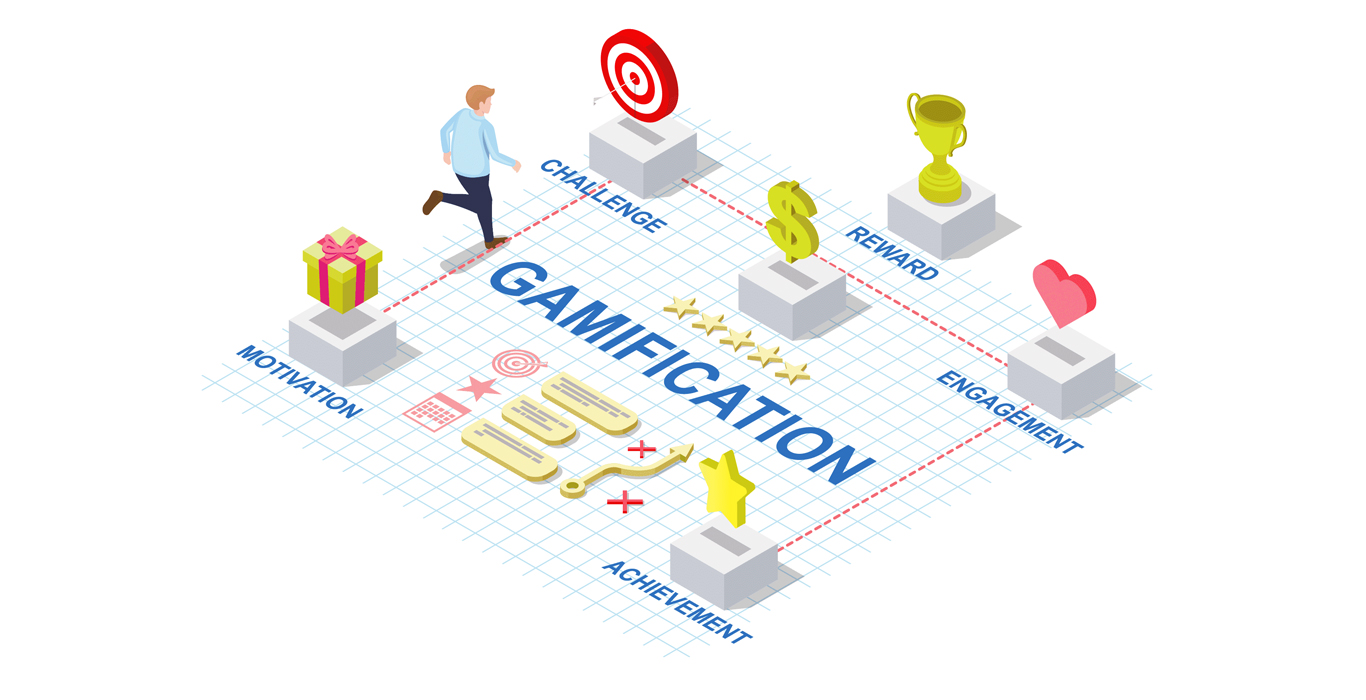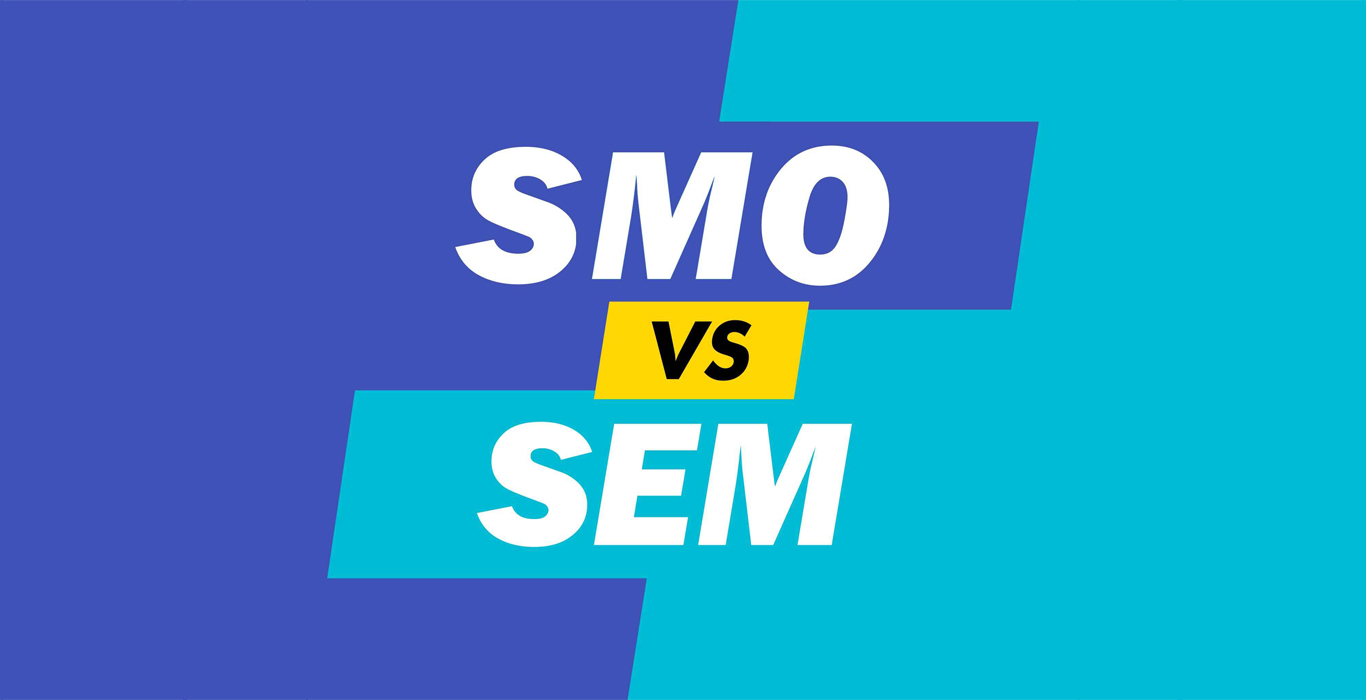|
Getting your Trinity Audio player ready... |
4 min read
“In the world of digital marketing, success is built upon a foundation of strategic pillars.”
Establishing a strong online presence is imperative for achieving success in business. To navigate this digital realm effectively, it’s essential to have a well-defined digital marketing strategy in place.

This strategy is constructed upon some key elements of digital marketing, often referred to as the pillars of digital marketing strategy, which work synergistically to drive brand visibility, engagement, and conversions.
Let’s break down the key parts of a strong digital marketing strategy.
1 - Search Engine Optimisation (SEO)
Boosting Visibility and Ranking
Search Engine Optimisation (SEO) is the cornerstone of any online marketing strategy. It involves optimising your website to enhance its visibility on search engine results pages. Main aspects of SEO include:
- On-page optimisation (meta tags, keyword usage, content quality)
- Off-page optimisation (backlinks, social signals)
- Local SEO for geo-targeted businesses
- Mobile optimisation for a seamless user experience
2 - Content Marketing(SEO)
Engaging, Valuable, and Relevant Content
Content is king, and it plays a pivotal role in digital marketing. Quality content not only educates and entertains, but also establishes authority and builds trust. Content marketing covers:
- Blog posts, articles, infographics, videos, and more
- Storytelling that resonates with the target audience
- Consistent publishing schedule for audience retention
- Optimisation for relevant keywords and user intent
3 - Social Media Marketing (SMM)
Cultivating Brand Presence and Engagement
These days, social media is where real conversations happen. A strong social media marketing strategy involves:
- Determining the appropriate platforms for your specific audience
- Creating compelling, shareable content
- Engaging with the audience through comments, messages, and polls
- Utilising paid promotions and sponsored posts for wider reach
4 - Pay-Per-Click Advertising (PPC)
Targeted Advertising for Quick Results
With PPC advertising, you can precisely target and reach your desired audience. It involves:
- Keyword research and selection
- Ad creation with compelling copy and visuals
- A/B testing for optimal performance
- Continuous monitoring and refinement for cost-effectiveness
5 - Email Marketing
Personalised Communication for Nurturing Leads
Email marketing serves as a potent instrument for cultivating and maintaining customer relationships. It includes:
- Segmentation for targeted messaging
- Personalisation for a customised experience
- Automation for timely follow-ups and drip campaigns
- Utilising A/B testing to enhance open and click-through rates

6 - Branding and Reputation Management
Shaping Perceptions and Building Trust
A strong brand image and positive reputation are invaluable assets. Elements of this digital marketing pillar include:
- Consistent brand messaging and visual identity
- Proactive reputation monitoring and crisis management
- Encouraging customer reviews and testimonials
- Addressing negative feedback with transparency and empathy
7 - Video Marketing
Engaging Visual Content for Impactful Messaging
Video has emerged as a dominant form of content consumption. Video marketing involves:
- Creating informative, entertaining, or emotional videos
- Utilising platforms like YouTube and Instagram
- Incorporating storytelling and call-to-actions
- Analysing metrics to refine video content strategy
8 - Influencer Marketing
Leveraging Authority and Trust of Influencers
Engaging with influencers in your field can significantly expand your brand’s visibility and credibility. This pillar involves:
- Identifying influencers aligned with your brand values
- Building authentic relationships with influencers
- Co-creating content that resonates with their audience
- Measuring the impact of influencer campaigns
Incorporating these pillars into your online marketing strategy creates a holistic approach that maximises your digital presence and drives meaningful results. Remember, it’s not about standalone efforts, but how these pillars work in harmony to achieve your business goals.
So, if you are ready to rev up your digital marketing strategy, partner with IKF, a leading digital marketing agency in India. Get in touch with our experts now!
FAQs
1. What are the 8 pillars of digital marketing?
The 8 pillars of digital marketing encompass essential strategies for online success. These pillars include Search Engine Optimization, Content Marketing, Social Media Marketing, Pay-Per-Click Advertising, Email Marketing, Branding and Reputation Management, Video Marketing, and Influencer Marketing.
2. Why is digital marketing important for businesses?
Digital marketing is important for businesses as it allows them to reach a vast online audience, effectively target specific demographics, and measure campaign performance in real-time. It also provides a cost-effective alternative to traditional advertising methods, enabling businesses to maximise their ROI and stay competitive.
3. Why is SEO a key pillar of digital marketing?
SEO is a fundamental pillar of digital marketing as it enhances a website’s visibility on search engines, driving organic traffic and ensuring potential customers can find a business online. By optimising content and technical elements, SEO not only boosts rankings but also establishes credibility and trust with both users and search engines.

Ashish Dalia is the CEO & Chief Digital Marketing Strategist at I Knowledge Factory Pvt. Ltd.

Ashish Dalia is the CEO & Chief Digital Marketing Strategist at I Knowledge Factory Pvt. Ltd.



